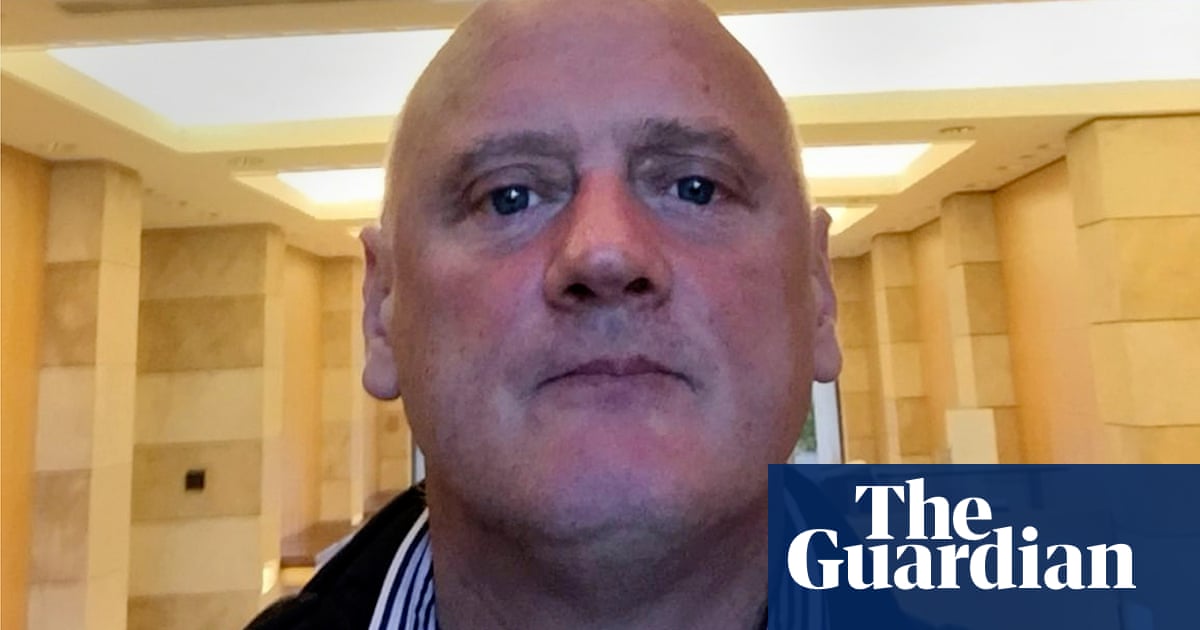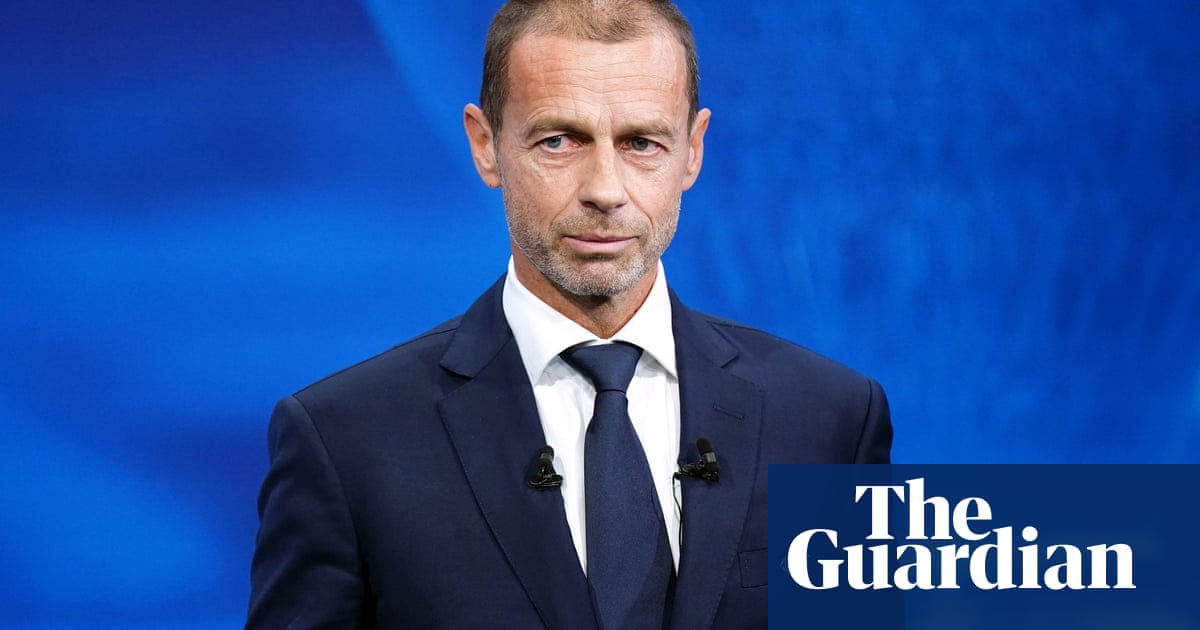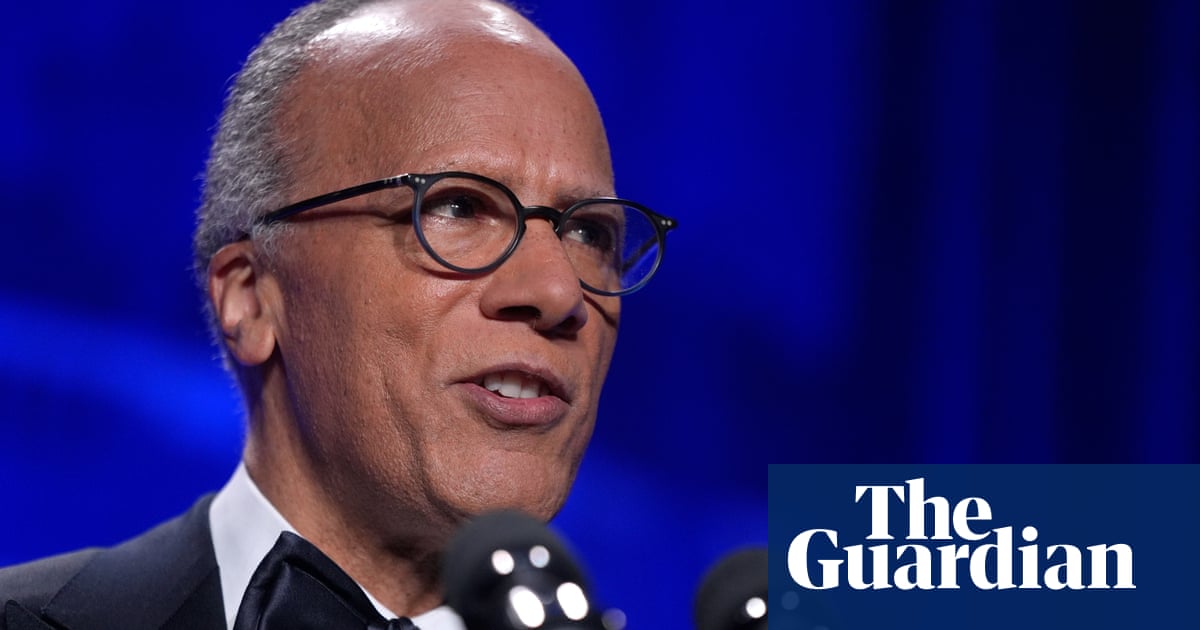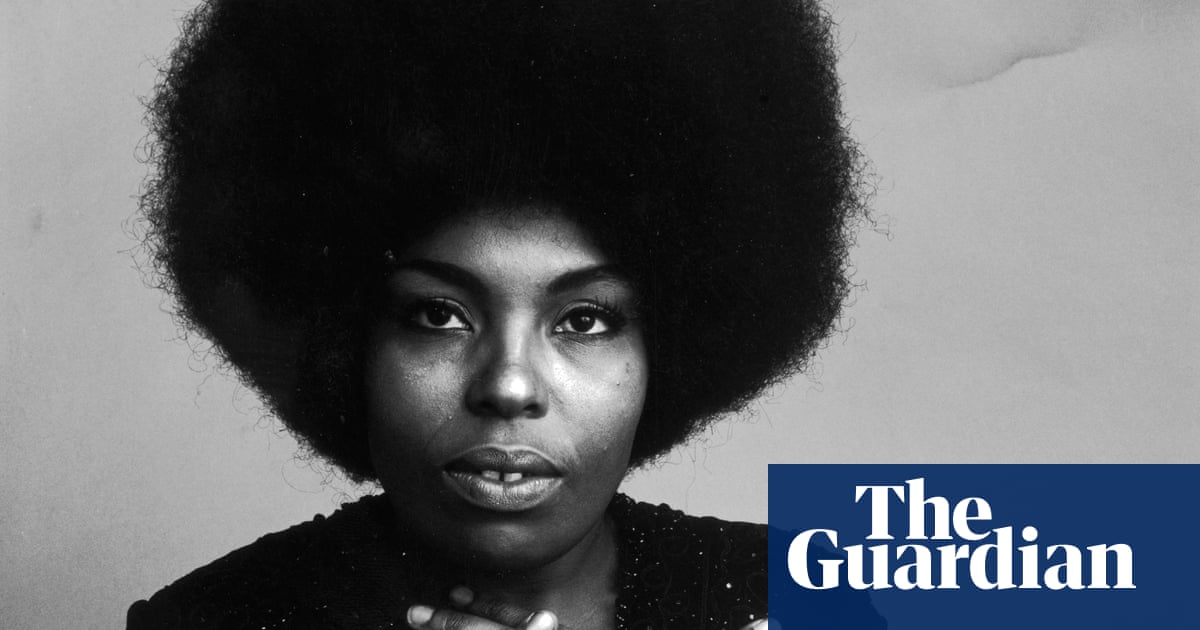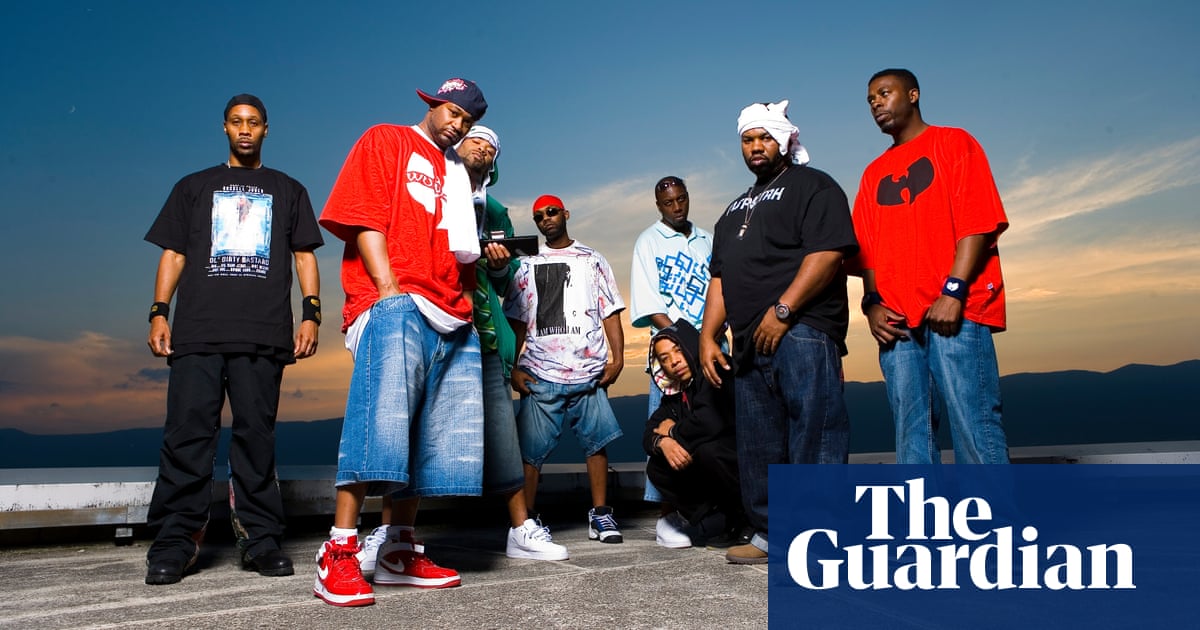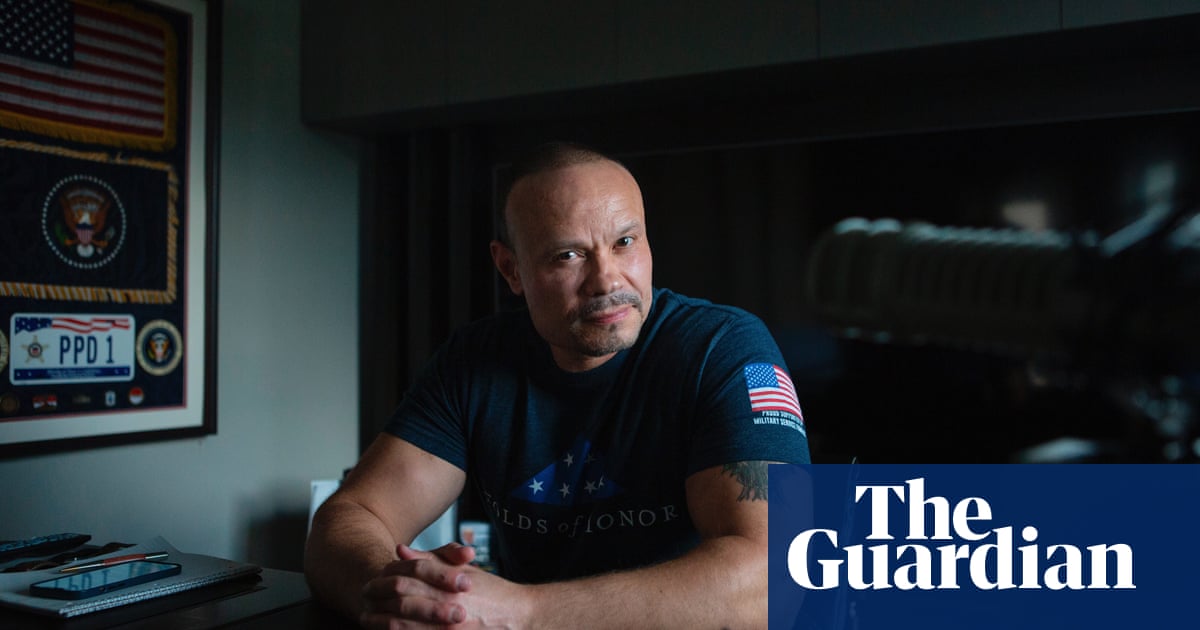In the American heartland, they’re excited. Finally, say voters who put Donald Trump into the White House for a second time, they are about to get the president they wanted all along.
Even as leading Democrats decry Trump’s cabinet nominations as “agents of his contempt, rage and vengeance”, the former and future president’s supporters are interpreting the selections as evidence that he has finally broken free of the Washington establishment.
Democrats are fuming that Trump wants to put a vaccine denier in charge of health, former Fox News presenters at the helm of the Pentagon and transportation department, and at the prospect of Elon Musk slashing and burning his way through the sprawling federal bureaucracy.
Even senior Republicans have been less than enthusiastic about some of Trump’s choices. The tapping of the former Florida congressman Matt Gaetz to be the US attorney general ran into the sand after just a few days over allegations of sex with a minor.
But many of those who voted for Trump are weighing other priorities.
Neil Shaffer, chair of the Republican party in Howard county, Iowa, which twice voted for Barack Obama but has swung ever more to Trump with each passing election, has never been an enthusiast for the former president even if he voted for him three times.
“This time around I was still a little lukewarm on the whole thing but I’m very impressed with the people he’s surrounded himself with, especially Tulsi Gabbard and Bobby Kennedy and Elon Musk. With each one of these people there’s a big, big part of their appointment that is reforming and streamlining,” said Shaffer, who works in water conservation for the state.
“I like the idea of bringing people from outside government to look at this with eyes from the real world not Washington DC. Washington DC is not the real world. It’s a made-up puppet regime of dark shadows. You’ve got the military-industrial complex, big pharma, big agriculture pulling all the levers. They want all that money. It’s why we got the way we are with our food. I’m actually mystified that he’s this well organised, that all these names are coming out so quickly.”

Shaffer offers a frequently heard view among Trump supporters that the former president was ill-prepared for his unexpected victory in 2016, and was then captured by big business and the Republican establishment in making cabinet appointments. That, he said, held back Trump’s promise to “drain the swamp”.
“He was inundated with all these lobbyists and corporate interests and individuals who really were there more to perpetuate the system instead of reform the system,” he said.
This time, said Shaffer, Trump has the experience to put in place officials who will represent his ambitions.
Among the most contentious nominations, and popular with the next president’s supporters, is the choice of Robert F Kennedy, scion of the US’s most famous Democratic political family, as secretary of health and human services. His liberal critics see a crank who rejected Covid vaccinations and promoted false claims over links between immunisation and autism.
But more than a few Trump supporters are focused on Kennedy’s longstanding criticisms of the power of the food and agricultural industry over what Americans farm and eat, and the prescription drug makers’ influence on healthcare.
Corporate lobbyists helped ensure that the US government spent more than $100bn subsidising the growing of corn over the past 30 years. Some of that ends up as high-fructose corn syrup now found in most processed foods in the US, from breakfast cereals to salad dressings and soft drinks, and is a major contributor to some of the highest rates of obesity and diabetes in the world.
A meme about the unhealthy ingredients in Heinz tomato ketchup made in the US, including corn syrup, compared with the UK version is doing the rounds among Trump supporters enthusiastic about Kennedy’s appointment. As Shafer sees it, corporations are getting taxpayers to subsidise an industry that is killing them.
“It’s like I heard Bobby Kennedy say the other day, when you go back to the 1960s and what our health was then to where it is now, our DNA didn’t change, our diet changed. And what spurred our diet to change?” said Shaffer.
“The food thing is huge. I’m so happy that he’s going to have a cabinet position.”
Bo Copley, a former miner in West Virginia who now works as a salesman, said he was disappointed that Trump did not behave with more dignity during his first term. He’s not confident that will change but thinks the former president has learned from other mistakes, principally in who he appoints to positions of power.
“Opponents would consider them radical but for the people who support him, he’s putting people in place who will help him get the job done. There are people that would shake up the establishment in Washington DC. We’re not looking for lobbyists to be in these positions. We’re not looking at people from big pharma to be in these positions,” he said.
Copley named Kennedy and Gabbard, the former Democratic congresswoman who switched to the Republicans earlier this year and is nominated as director of national intelligence, as among the choices he most liked.
Nikki Haley, the former UN ambassador who challenged Trump in the Republican primaries, on Thursday criticised Gabbard as “a Russian, Iranian, Syrian, Chinese sympathiser”. But Copley is not alone in welcoming Gabbard’s scepticism about Washington’s escalating military support for Ukraine, including the Biden administration’s decision this week to supply landmines and permit the firing of US-made missiles into Russia.

“One of the biggest talking points the first time Donald Trump went into office was he’s going to start world war three and he actually de-escalated conflicts. Now we’ve sent Ukraine billions and billions of dollars when we have people in North Carolina who went through humongous disaster, the hurricane, and we offer them $750 apiece when their entire lives have been wiped out. It’s completely asinine to me,” he said
after newsletter promotion
Then there is Elon Musk. Even before he was nominated to head the new “Department of Government Efficiency”, some were questioning how long the egotistical billionaire would remain in Trump’s favour. But Shaffer is particularly keen on Musk carrying through his promise of deep cuts to government spending after the national debt rose by more than $2tn over the past year.
“I was in DC this summer. I walked past this ginormous education department building every time I left my hotel. I thought there’s no reason for this to be here. If that money was spent in our local communities, the quality of education would skyrocket,” he said.
Copley, too, is enthused at the prospect of Musk “cutting down the wasteful spending that happens in Washington”. He acknowledges that West Virginia, one of the poorest states in the US, is heavily reliant on federal aid to fund education, transport and social services. A relatively high proportion of people on low incomes in the state receive welfare payments and healthcare coverage.
“I know that a lot of West Virginians receive money and receive those kind of payments, but I’m all for revamping those so that people don’t game the system and use them as lifelong crutches,” he said.
For Ed Bisch the desire to tear down parts of the system is deeply personal. He lost his 18-year-old son Eddie to a prescription opioid overdose in 2001, an early victim of an epidemic that has claimed close to 900,000 lives. Bisch voted solidly Democratic all the way up to supporting Hillary Clinton in 2016 in the belief that the party would take on the big pharma interests that caused the opioid epidemic. But little changed.
Then Bisch saw Trump in office and decided he was the president most likely to challenge the drug industry and what he sees as its corruption of American medicine and health regulation.
Bisch is enthusiastic about Kennedy, who is a former heroin addict, and JD Vance as vice-president after he wrote a bestseller, Hillbilly Elegy, about growing up in a region blighted by drugs.
He is also pleased by the nomination of Pam Bondi to be the US attorney general after Gaetz dropped out. As Florida’s attorney general, Bondi shut down the “pill mills” churning out opioid prescriptions at a time when more oxycodone pills were sold in Florida than all other US states combined.
Bisch wants to see Bondi prosecute the Sackler family which owned the company that kicked off the opioid epidemic with the powerful narcotic OxyContin. He’s also counting on Kennedy to follow through on a pledge to “close the revolving door” between the drug industry and its regulators at the Food and Drug Administration which has been accused of allowing the epidemic to take off because of lax oversight and too close a relationship with the drug makers.
Kennedy has repeatedly criticised the FDA for conflicts of interest, accusing it of putting the interests of the pharmaceutical industry ahead of the nation’s health.
Then there is Trump’s promise to finish building the wall on the border with Mexico. That is primarily about immigration but Bisch said it would also help stem the flow of fentanyl, the synthetic opioid that is responsible for most overdose deaths these days.
“I’m excited. Let’s finish the border wall. I agree when people say most of the fentanyl gets in through ports of entry not the open border but once we get the wall built and secure the border, then you can put more resources at the ports of entry. The bottom line is, you’ll never be able to stop it but reducing the supply is a proven way to reduce deaths,” he said.
How the desire to see Trump take on a system that has increasingly come to resemble a corporate oligarchy will square with Project 2025, the Heritage Foundation’s authoritarian plan to impose rightwing control across the entire US government that would also enlarge the power of big business, remains to be seen. Trump has distanced himself from the plan even though members of his first administration were influential in its creation.
Shaffer is no fan of Project 2025. He takes Trump assurances at face value and believes the next president will see that his supporters want to see the corporate grip on government broken.
“The Democrats have leftwing crazies. We’ve got some wackos out there on the far right and they concocted this list of their priorities. There’s probably some good things in there but there’s a lot of screwball things. I don’t see those people coming to the table,” he said.
“I think Trump is going to have enough free-thinkers and people that have already explicitly criticised a lot of the stuff that’s been going on out there. That will be his guiding force.”

 3 months ago
46
3 months ago
46



